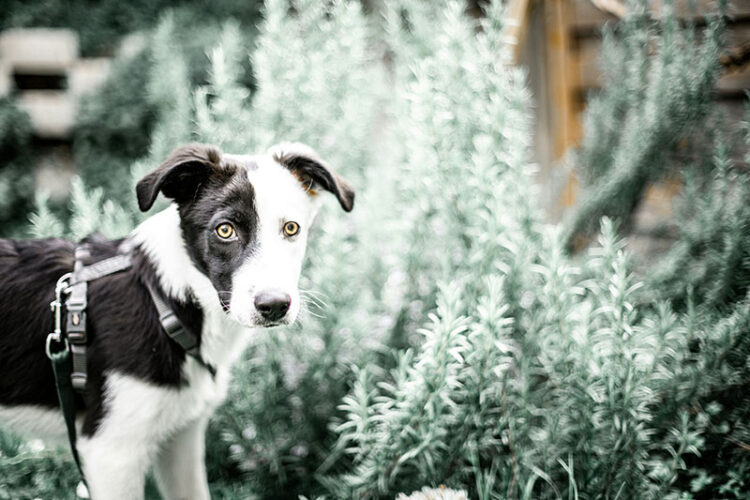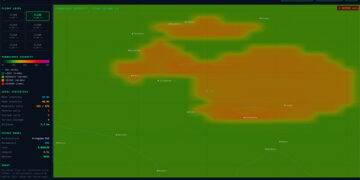Caring for a young dog is a rewarding experience. Whether you have a new puppy or an older adolescent dog, it’s important to understand their needs for happiness and health.
While every young dog is different, the balance between play, training, nutrition, and care creates the foundation for a happy, healthy companion. Tailoring these practices to suit your dog’s personality and energy levels ensures they grow into a well-rounded adult.
If there’s one thing to remember, it’s this: love and attention are at the heart of any care routine. Nurture your young dog with the same dedication you’d give to any member of your family, and you’ll create a bond that lasts a lifetime.
Here are some tips to help your dog thrive.
Building the Right Routine
Young dogs need structure. They do well with regular feeding, exercise, and training times. Set a consistent schedule for meals, walks, and playtime. This consistency helps their physical and emotional well-being.
Puppies have bursts of energy followed by rest. Make sure to include breaks for napping in your routine. Adolescent dogs may need more vigorous exercise, like playing fetch or using interactive toys. Sticking to your routine will help reduce behavioral issues.
Nutrition Matters
Good nutrition is key to a healthy life. Choosing the right dog food is especially important for young dogs. Look for products made for puppies or young dogs from brands like Orijen dog food. They have the right nutrients like protein, calcium, and DHA for brain development.
Consider feeding smaller portions throughout the day for better digestion and energy. If you’re unsure about the best food or portion size, talk to your vet for advice based on your dog’s breed, size, and activity level. High-quality food fuels their adventures and keeps them healthy.
Training with Patience
Younger dogs are eager to learn, so this is the perfect time for training. Start with simple commands like “sit,” “stay,” and “come.” Use consistency and positive reinforcement, such as treats or praise, to encourage good behavior.
Crate training can also help. A crate can be a safe space and assist with potty training. Introduce it slowly and make sure your dog has positive experiences with it. Remember, patience is important. Mistakes will happen but staying calm and persistent will lead to success.
Socializing for Confidence
Socializing is important for a young dog’s growth. Introduce your puppy to different places, people, and animals early on to help them gain confidence. Take them for short trips to the park, invite friends over, or sign them up for puppy socialization classes.
These experiences teach your dog how to act in various situations and can help prevent fear or anxiety later. Keep these interactions positive and controlled so that your dog feels safe while exploring the world.
The Role of Play
Playtime is not just fun; it also helps build your bond and keeps your dog active and happy. Young dogs have a lot of energy, and they need to burn it off. Play games like tug-of-war, hide-and-seek, or fetch to keep them engaged.
Use interactive toys, like puzzles, to challenge their minds and reduce boredom. Change toys often to keep their interest alive. Playing is not only about expending energy; it is key to their development and your relationship.
Regular Health Check-ups
Regular vet visits are crucial for tracking your young dog’s growth and health. Vaccinations, deworming, and flea prevention should be part of their care. Regular check-ups can also catch potential health problems early for quick treatment.
Your vet can advise you on dental care, managing your dog’s weight, and when to spay or neuter. Keeping in touch with your vet will help ensure your dog stays healthy.
Creating a Safe Space
A young dog needs a safe home to feel secure. Set up a quiet, cozy spot in your house where they can unwind. This could be a corner with their bed, toys, and water.
Puppy-proof your home to avoid accidents or injuries. Keep dangerous items, like cleaning supplies, wires, or small objects, out of reach. Providing a safe space helps your dog trust their surroundings and makes it easier for them to settle in.






























